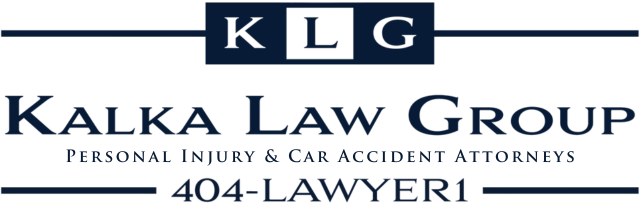After a crash, it’s natural to feel rattled, embarrassed, or even guilty. But one of the worst mistakes you can make is immediately telling someone the accident was your fault. Whether you’re speaking to a police officer, the other driver, or an insurance adjuster, admitting fault too soon can damage your case and limit your ability to recover compensation.
Why You Should Avoid Admitting Fault
Determining fault in a car accident is rarely as straightforward as it seems in the moment. Even if you think you were responsible, there may be other contributing factors you don’t know about, like the other driver’s speed, distraction, or mechanical failure. In Georgia, once you admit fault, it becomes extremely difficult to reverse that statement, no matter what new evidence emerges.
Insurance companies know this, and they often frame their questions to elicit a clear admission they can use against you later.
Don’t Admit Fault At the Accident Scene
If you are not at fault, say so clearly. If fault is unclear, stick to factual observations rather than opinions:
- Describe what happened without assigning blame.
- Avoid apologizing, even casually.
- Let the physical evidence and witness statements speak for themselves.
When talking to the police officer, answer questions truthfully but concisely. Provide your license, registration, and insurance information, but resist the urge to fill in details you’re unsure about.
When You Might Be at Fault
If you truly believe you caused the accident:
- Remember that the full investigation may uncover shared or shifted liability.
- Your insurance company will appoint a lawyer to defend you if a claim is made.
- Avoid discussing details with the other driver’s insurer—they are not acting in your interest.
The Role of Evidence in Determining Fault
In most cases, fault is determined based on:
- Physical evidence: Damage patterns, skid marks, traffic camera footage.
- Witness accounts: Neutral parties who can confirm or challenge each driver’s version of events.
- Expert analysis: Accident reconstruction specialists can reveal key details you might have missed.
Why Legal Guidance Is Critical Before Admitting Fault in a Georgia Car Accident
Admitting fault too early can permanently damage your case, even when the full facts have not yet been uncovered. Experienced legal counsel knows how to manage conversations with law enforcement, insurance adjusters, and opposing counsel in a way that protects your rights while allowing the investigation to run its course.
With Atlanta car accident attorneys guiding you, you avoid unintentional statements that insurers can later use against you, ensuring that all evidence—physical, testimonial, and expert analysis—is properly considered before liability is determined. This approach safeguards your ability to seek fair compensation and prevents costly mistakes that could limit your recovery.

